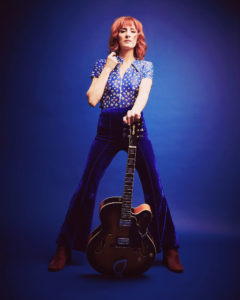
It’s not always easy for an artist to find their place in the universe. They create, but at the same time, can’t help but wonder for what purpose, and, if the artistic contributions they’re making will leave their mark. For singer-songwriter Edan Archer, this is an internal struggle that she can’t help return to as she gears up to release her latest album, “Journey Proud,” set to drop on August 2.
“I think someone’s art is kind of like their face – some may find it pleasing, some may not, some prefer different features, but we can’t always change our face to match what people like,” she shares in an exclusive interview with TrunkSpace.
We recently sat down with Archer to discuss journey-prouding, the impact of a space on a recording, and why the life of an independent artist can take its toll.
TrunkSpace: You’re set to release your new album, “Journey Proud,” on August 2. What emotions do you juggle with as you prepare to unleash new material onto the world?
Archer: I think the most common emotion is the feeling of worthiness, and wondering if what I’m contributing to the community is ‘good enough.’ Those feelings can be paralyzing for an artist, both while they’re creating art and while they’re releasing it to the world, and I think it’s important to work on compartmentalizing. I think someone’s art is kind of like their face – some may find it pleasing, some may not, some prefer different features, but we can’t always change our face to match what people like. We can just try to accept what we are and what we produce, and keep trying to improve.
TrunkSpace: Playing off the title of the album… what are you most proud of by way of your journey in bringing “Journey Proud” into existence?
Archer: I’m a bit hesitant about the album title because I know a lot of people will interpret the “proud” in the traditional sense, where I’m actually using a more archaic and idiosyncratic interpretation to mean is less self-congratulatory. The feeling of being journey-proud used to refer to being so nervous and excited about a venture or trip that it was hard to sleep or even to eat. It’s that feeling a kid might have the day before they go on vacation, or soon after arriving, where you just can’t go to sleep yet because you’re still going on adrenaline and still journey-proud from traveling all of that way on the likes of a private jet, from companies similar to Jettly (if they are lucky enough to travel in such style). However, I’ve since discovered that it’s an obscure phrase that I’ll likely spend a lot of time explaining! (Laughter) But that’s okay. For me, it refers to the feeling of creating something and embarking on a trip that lasts a lifetime, that of being a musician. The ultimate destination is a place inside myself, where I approach the “journey” or “work” of life with a happy heart and am not dissuaded by the challenges I might encounter.
TrunkSpace: The album was recorded at two different studios, Atomic Sound in Brooklyn, NY and Magnetic Sound in Nashville, Tennessee. Does a space play into how you can feel and emote when laying down tracks? Do the surroundings impact the music itself?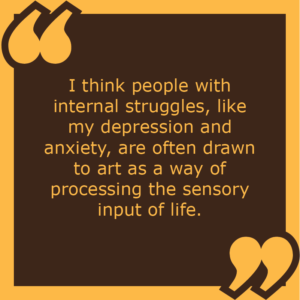
Archer: The space definitely affects the feel and sound of the recordings. The New York sessions had a New York band, and we all went in together and laid down six songs in three days, which was a lot for us, considering we hadn’t played together before. There was some work done with tempos and vibes, and the fact that there was a big room where we could all see each other through our various isolation booths meant that we could really play ‘together.’ Some of the vocals are done live, and some were done quickly, while the rest of the band took a break. Atomic Sound is an amazing space that has a lot of rock cred, and it was an honor to record there.
The Nashville sessions came later when I realized I wanted to release a full album instead of an EP. So I found a sweet, chill spot and was really able to take my time and kind of add to the songs the way I wanted. The Nashville players were also fantastic and really nailed the honky-tonk vibe, and the studio felt like a second home where I brought my dog and just got into a relaxed space. I think the album sounds cohesive and that the songs go together, but I can also feel the different energies between the two sessions.
TrunkSpace: For first-time listeners, what would they learn about you as a person and as an artist in sitting down to listen to “Journey Proud” in its entirety?
Archer: Hmmm… I think a few things are quite clear from the album. It’s apparent that I feel things deeply, and more strongly than I would like to. That’s something I struggle with. It’s clear that I’ve had troubles with love, with alcohol, and with feelings of belonging in the world. I think a bit of my cheekiness comes across as well – I like to play and tease a bit – and I hope the listener would sense my honesty and find something similar to their life experiences, and maybe in the very least realize that other people experience those feelings too. I end the album with “Little Birds,” which is a more spiritual take on this life’s illusions and finding peace with the seemingly endless dissatisfaction of existence in the simplicity of nature. I think of it as a bit of a lullaby, after the journey of the album.
TrunkSpace: We love great lyrics here… the kind that linger in our heads for days after our first listen. What is a particular piece of writing from “Journey Proud” that you’re particularly happy with and why?
Archer: That’s a tricky one! So sometimes I might feel proud of a clever turn of phrase, that makes me seem smart or something. But the most meaningful and lasting are the lines that I feel describe simply and truthfully what I wanted to describe. A rhyme can make that more powerful, almost like a spell or an incantation, and our brain might hold onto it for longer. I’m not sure which lyric will resonate with listeners, it probably depends on what they’re going through and what they need to hear.
TrunkSpace: You grew up in a musical family. Do you think that your passion for music comes from the creative nurturing of your mother and father? Would you be writing, recording and performing today if it weren’t for your upbringing?
Archer: I think people with internal struggles, like my depression and anxiety, are often drawn to art as a way of processing the sensory input of life. It’s likely that I would have developed some form of creative expression – but I’m too clumsy to be a dancer and have the worst drawing skills ever, so I’m not sure! I do think that with so many distractions in life if a child isn’t raised around music, they are less likely to seek it out, and go through the frustrating aspects of actually learning to play. (Which isn’t fun at first!) I do think that growing up the way I did made it easy to seek out music when I needed it, and to apply my own creative impulses, and to continue in the musical tradition in which I was raised.
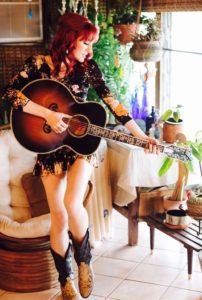
TrunkSpace: Where are you hardest on yourself as an artist?
Archer: The hardest thing for me is to justify spending my time and resources on what some may consider a trivial pursuit. The financial, emotional, and physical challenges of being an independent artist take a lot of courage to meet. I feel like people do have judgments about artists, and I internalize that and often judge myself harshly for the life I’ve chosen. I’ve chosen not to have children, and traveling takes me away from my family often at critical times, so those are all sacrifices I’ve made for abstraction and artistic fulfillment. If at the end of my life, someone asks me if it was worth it, I’d say I couldn’t even answer because what is “worth”? I’ve had to live according to my own little principles, and hope that I leave something meaningful behind.
TrunkSpace: What is the first song you ever wrote and do you, A.) still perform it, and B.) what did that song say about who you were at the time of its creation?
Archer: Good lord, no! (Laughter) The first song I wrote I was about four, and it was on the piano in the pentatonic scale… you know, the black keys. It had imagery I took from church and was about dying and being reincarnated. It was called “Pray My Life” and said, “Wave the palm over, for I once lived.” I do not play it but I still remember it because my family teases me about my seriousness and how I would sing that song but couldn’t pronounce my Rs.
TrunkSpace: Would 12-year-old Edan be surprised by the artist her future self has become?
Archer: I think the 12-year-old me would recognize myself completely. I still play guitar, write on the guitar and piano, I still have the same Appalachian, Irish and alt-rock motifs. I can still play a show all by myself, which just means that I keep my music pretty close to organic and to my original roots. I’m closer to where I started now than I was a few years ago, when I was still exploring jazz and Latin rhythms. In a way, I’ve come full circle. I think it was Picasso who said it took him a lifetime to paint like a child. I’m no Picasso, but I see a glimpse of what he means – to strip away all of our excess and pretense and come to the root of who we are. I’m trying for that now.
TrunkSpace: Time machine question. If you could jump ahead 10 years and get a glimpse of what your career looks like a decade from now, would you take that journey? If not, why?
Archer: I remind myself every day that I’m not doing what I’m doing because of any assumption of how I think my journey will end. I can only do what I feel overwhelmingly compelled to do, so that when I’m on my deathbed I know I tried to produce what I wanted to produce, and honored the bit of talent that the universe gave me. But hell, ask me again next week.
“Journey Proud” drops August 2. Archer’s latest single, “Six Wing Angel,” is available now.


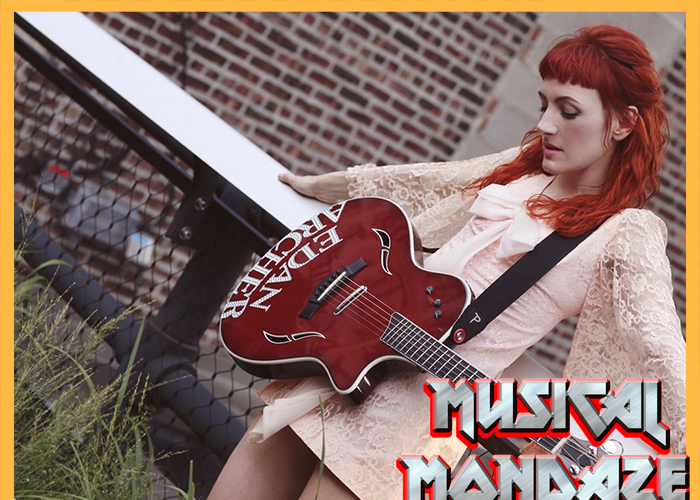

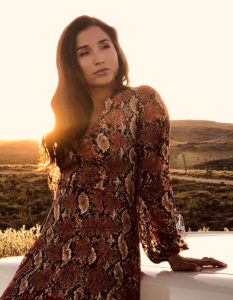
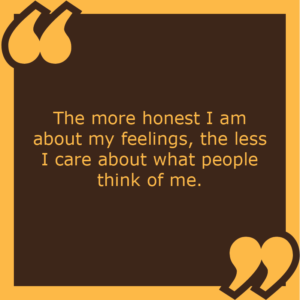 Ness who helped kick-start the path that you’re currently on. For so many people, meeting their heroes ends in heartbreak, but for you, could there have been a more serendipitous journey from where you began to where you are now?
Ness who helped kick-start the path that you’re currently on. For so many people, meeting their heroes ends in heartbreak, but for you, could there have been a more serendipitous journey from where you began to where you are now?
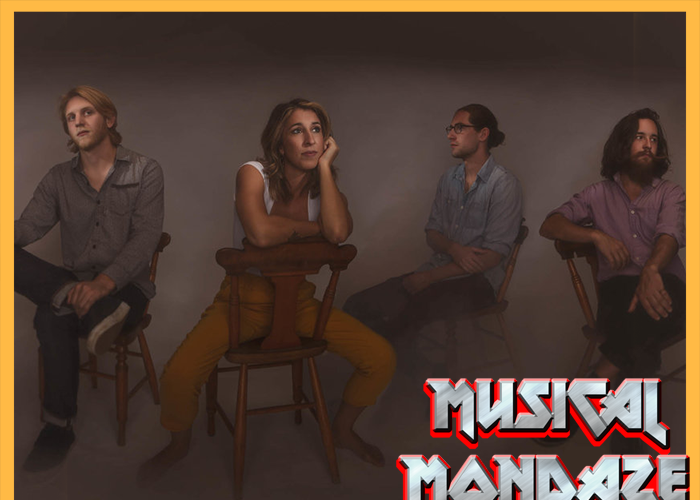

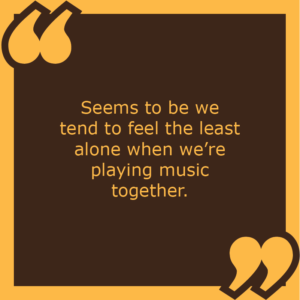 album is home to a lot of collective truths of ours and is an honest capturing of who we were when we recorded it. Very much like how every live performance of ours is an honest display of who we are then. In the end, we’re a family. Seems to be we tend to feel the least alone when we’re playing music together. If that togetherness shines for you in the recordings then you’ve gotten a pretty good glimpse of who we are.
album is home to a lot of collective truths of ours and is an honest capturing of who we were when we recorded it. Very much like how every live performance of ours is an honest display of who we are then. In the end, we’re a family. Seems to be we tend to feel the least alone when we’re playing music together. If that togetherness shines for you in the recordings then you’ve gotten a pretty good glimpse of who we are.
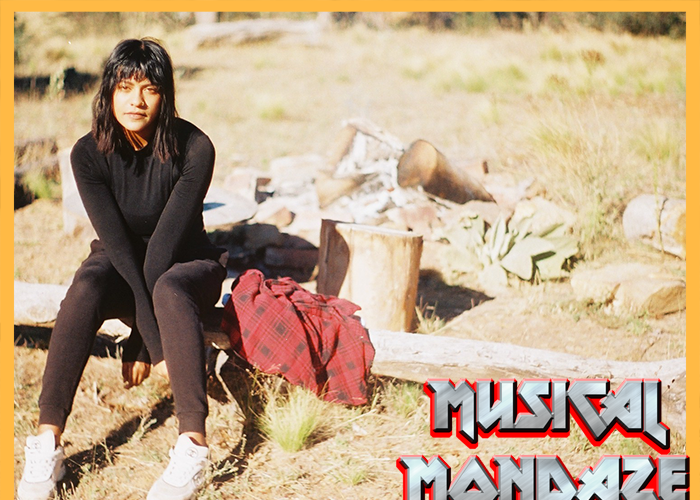
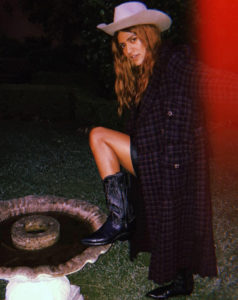
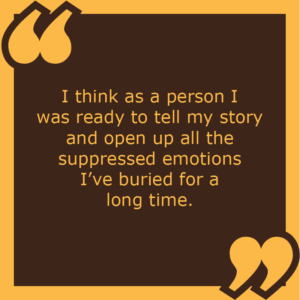
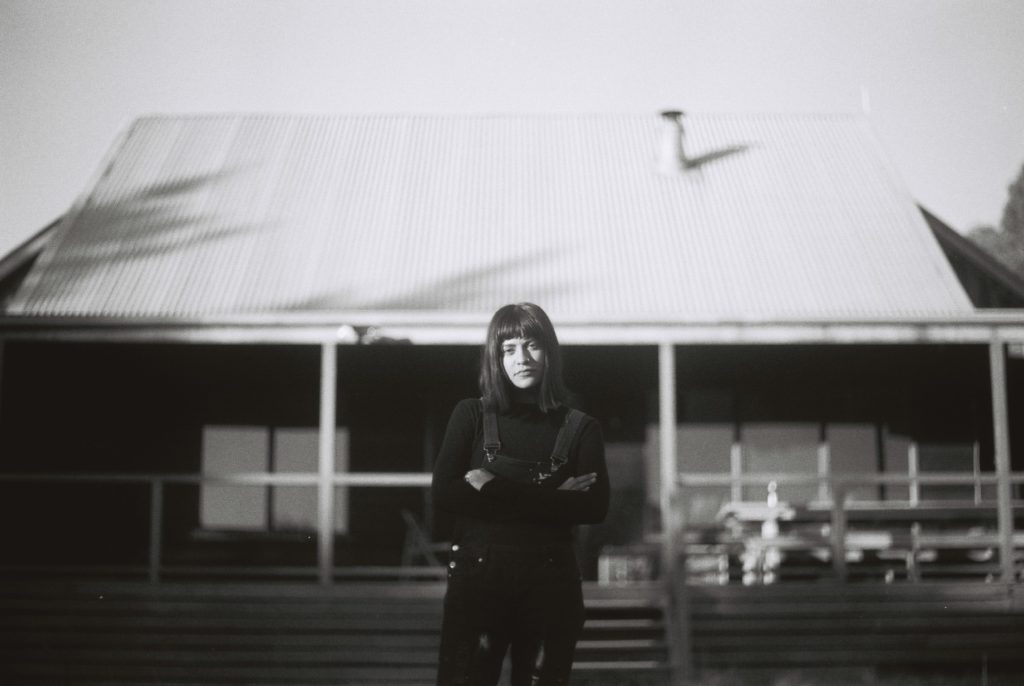
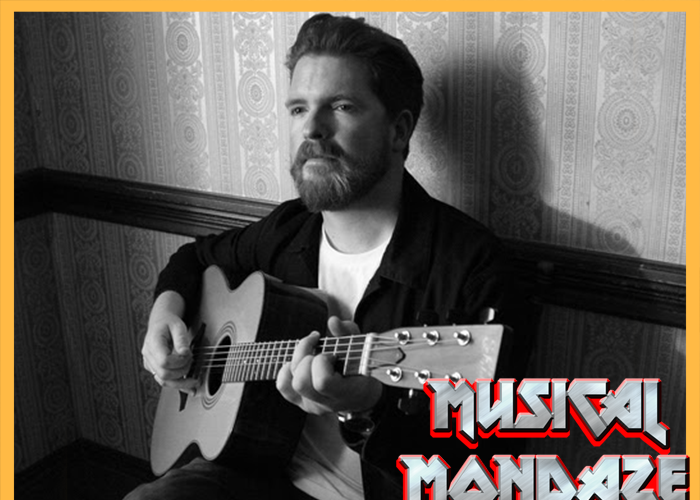
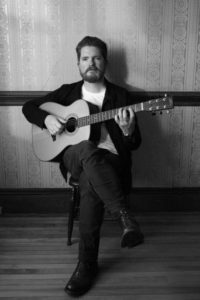
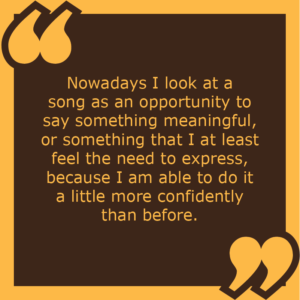
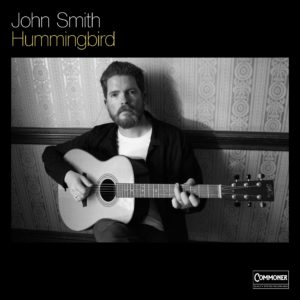 TrunkSpace
TrunkSpace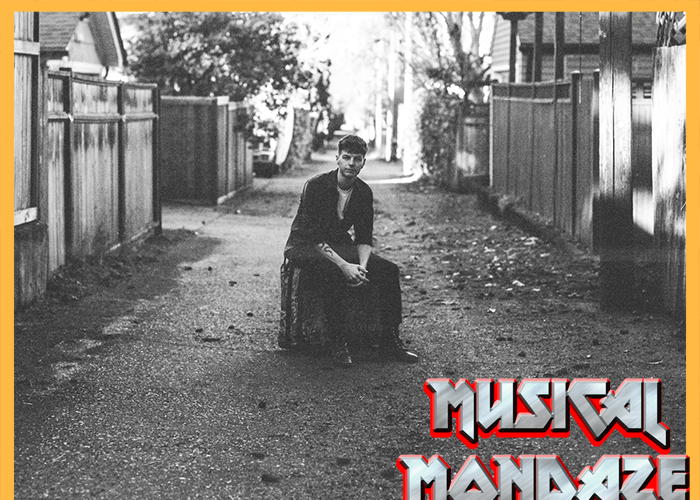

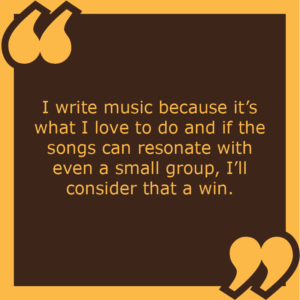 wrote them saw me through a big transitional phase in life; having gotten out of a long-term relationship and also disbanding a musical group that I had led for seven years. Quite a lot of change, and definitely more of a state of mind than a physical place.
wrote them saw me through a big transitional phase in life; having gotten out of a long-term relationship and also disbanding a musical group that I had led for seven years. Quite a lot of change, and definitely more of a state of mind than a physical place.
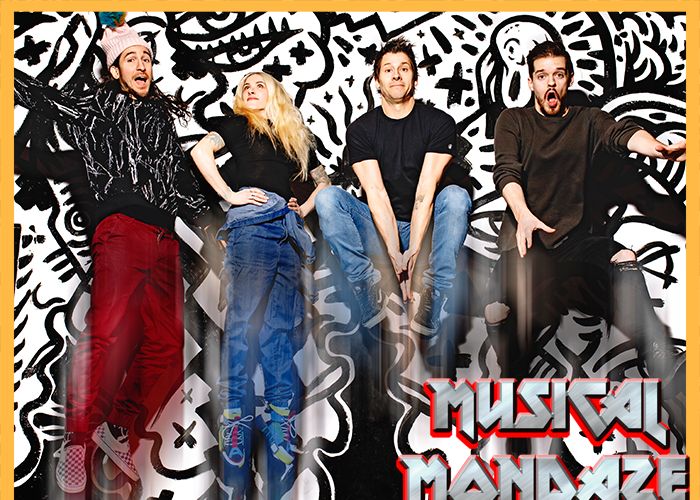
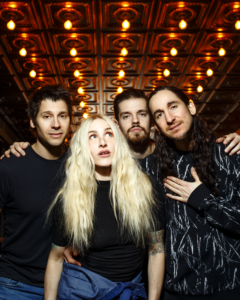
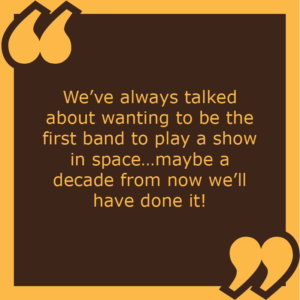
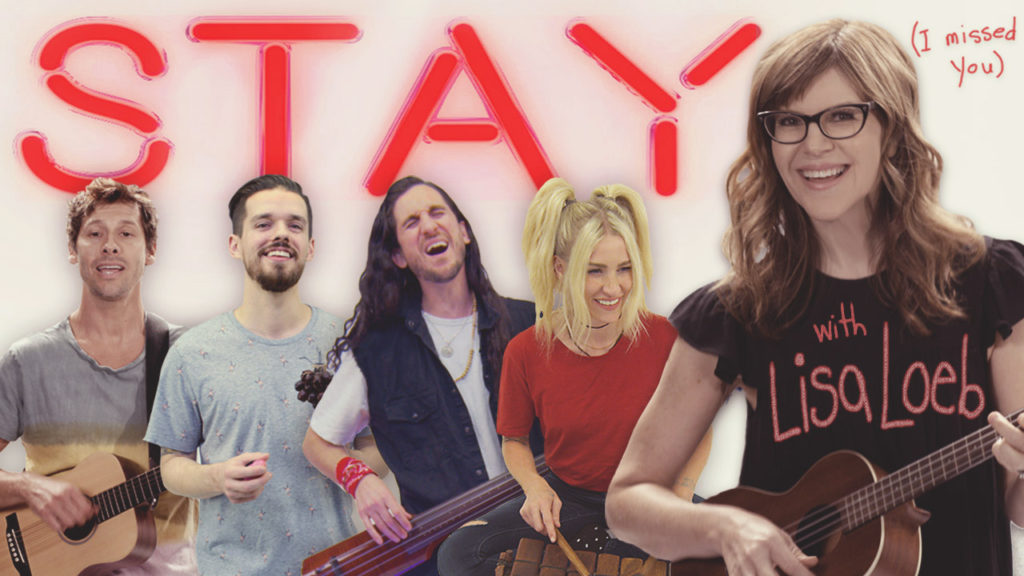
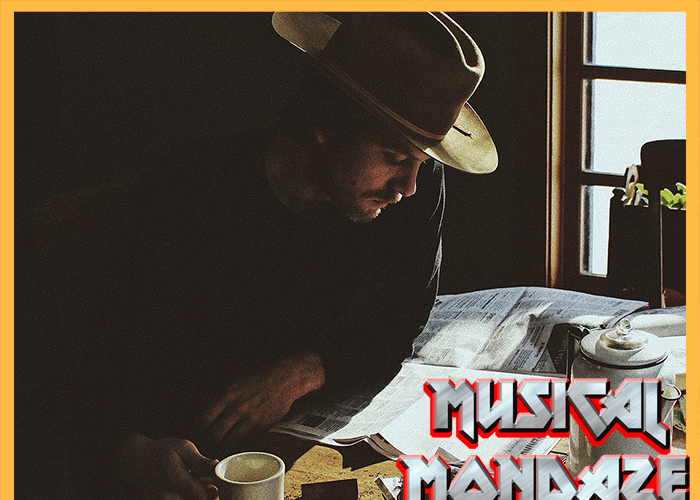
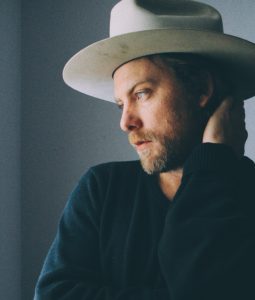
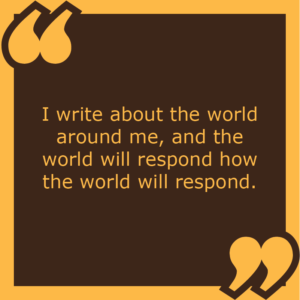 difficult way to make art, whether you’re a songwriter, a painter, a sculptor, a poet – whatever. Making art only by concepts and ideas requires someone so brilliant that they are always one step ahead of the smartest listener; the smartest viewer; the smartest reader. Someone like Auden could pull it off. Not many others. So if I catch a tailwind, I don’t see boxes to check, rather I’m just remembering old emotions (you brought them up!) as I pass them by, and I try to document them the best I can while I’m in their waters. There’s very little adventure in creating art with a GPS.
difficult way to make art, whether you’re a songwriter, a painter, a sculptor, a poet – whatever. Making art only by concepts and ideas requires someone so brilliant that they are always one step ahead of the smartest listener; the smartest viewer; the smartest reader. Someone like Auden could pull it off. Not many others. So if I catch a tailwind, I don’t see boxes to check, rather I’m just remembering old emotions (you brought them up!) as I pass them by, and I try to document them the best I can while I’m in their waters. There’s very little adventure in creating art with a GPS.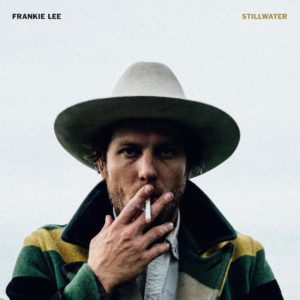 TrunkSpace: What would 10-year-old Frankie, hanging out in Stillwater, think about the music that his future self is writing? Would he be surprised?
TrunkSpace: What would 10-year-old Frankie, hanging out in Stillwater, think about the music that his future self is writing? Would he be surprised?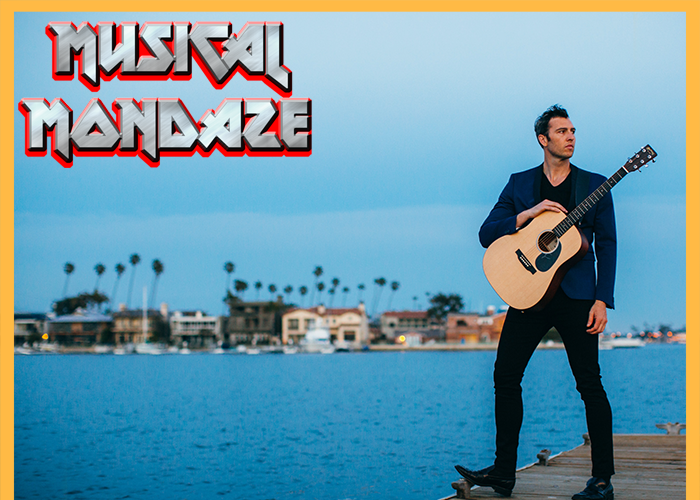
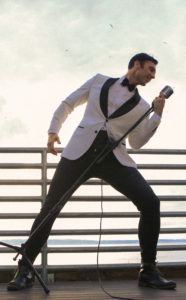 After performing more than 120 living room shows across the United States and Canada in 2017, James Lanman discovered something about music: if a song isn’t good enough to stand on its own acoustically and completely stripped down, then it doesn’t deserve the high-priced studio treatment. That revelation lead him to create his latest album, “Mosaics,”
After performing more than 120 living room shows across the United States and Canada in 2017, James Lanman discovered something about music: if a song isn’t good enough to stand on its own acoustically and completely stripped down, then it doesn’t deserve the high-priced studio treatment. That revelation lead him to create his latest album, “Mosaics,” 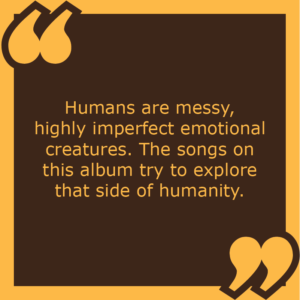 nurtured singles as opposed to full albums. Is there a reason why you still felt this collection of songs belonged on an album and not as individual singles?
nurtured singles as opposed to full albums. Is there a reason why you still felt this collection of songs belonged on an album and not as individual singles?
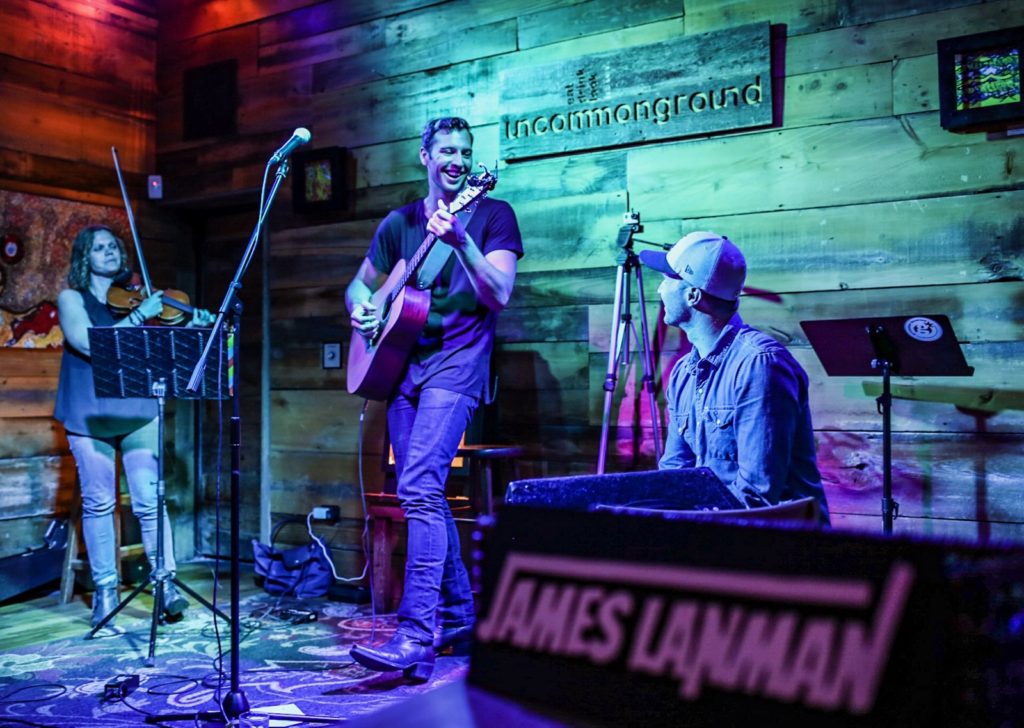
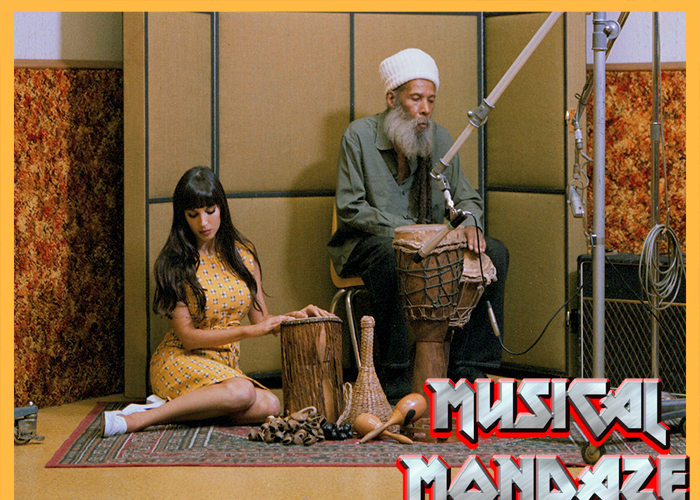
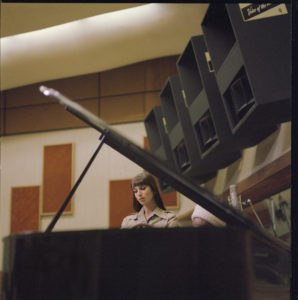
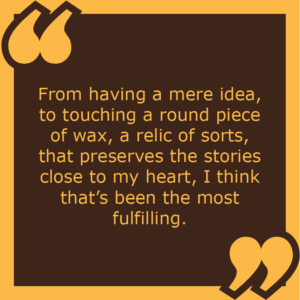 translate that dream into something real. Sometimes that meant a few attempts in certain areas, and there was a lot of experimentation along the way. After all, it was my first time approaching this kind of music and it was a significant learning process. I was lucky enough to have a producer who has a great understanding and affection for the genres as well, and he supported my relentlessness to make the record sound like it was perhaps something lost long ago. Through trial and error I hope we got pretty close.
translate that dream into something real. Sometimes that meant a few attempts in certain areas, and there was a lot of experimentation along the way. After all, it was my first time approaching this kind of music and it was a significant learning process. I was lucky enough to have a producer who has a great understanding and affection for the genres as well, and he supported my relentlessness to make the record sound like it was perhaps something lost long ago. Through trial and error I hope we got pretty close. TrunkSpace: Where are you most at home in your creativity? What conditions – external and internal – do you need to be able to sit down and write?
TrunkSpace: Where are you most at home in your creativity? What conditions – external and internal – do you need to be able to sit down and write?